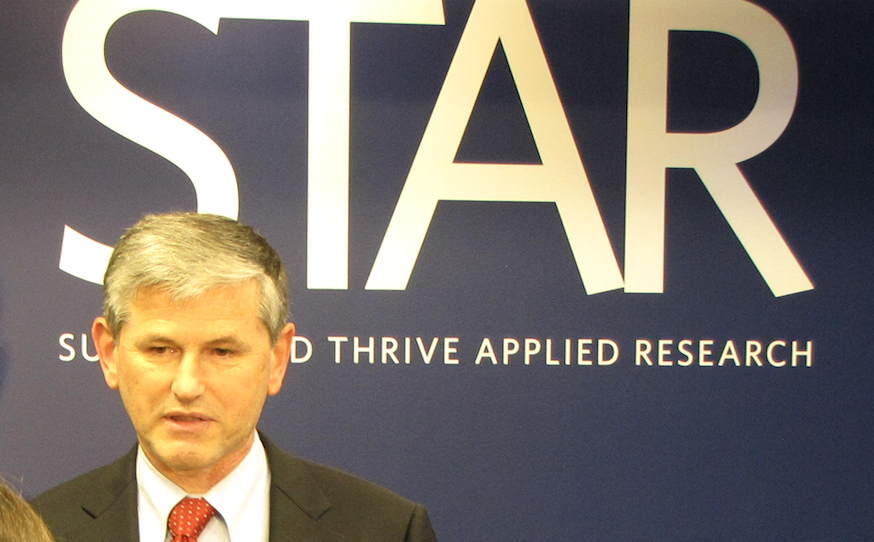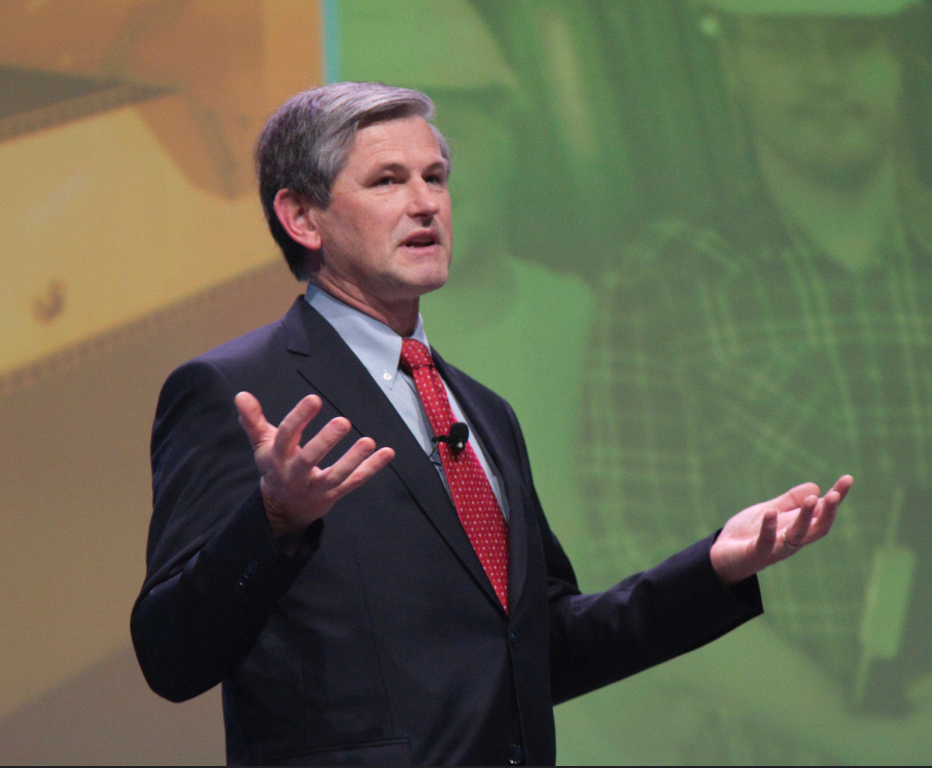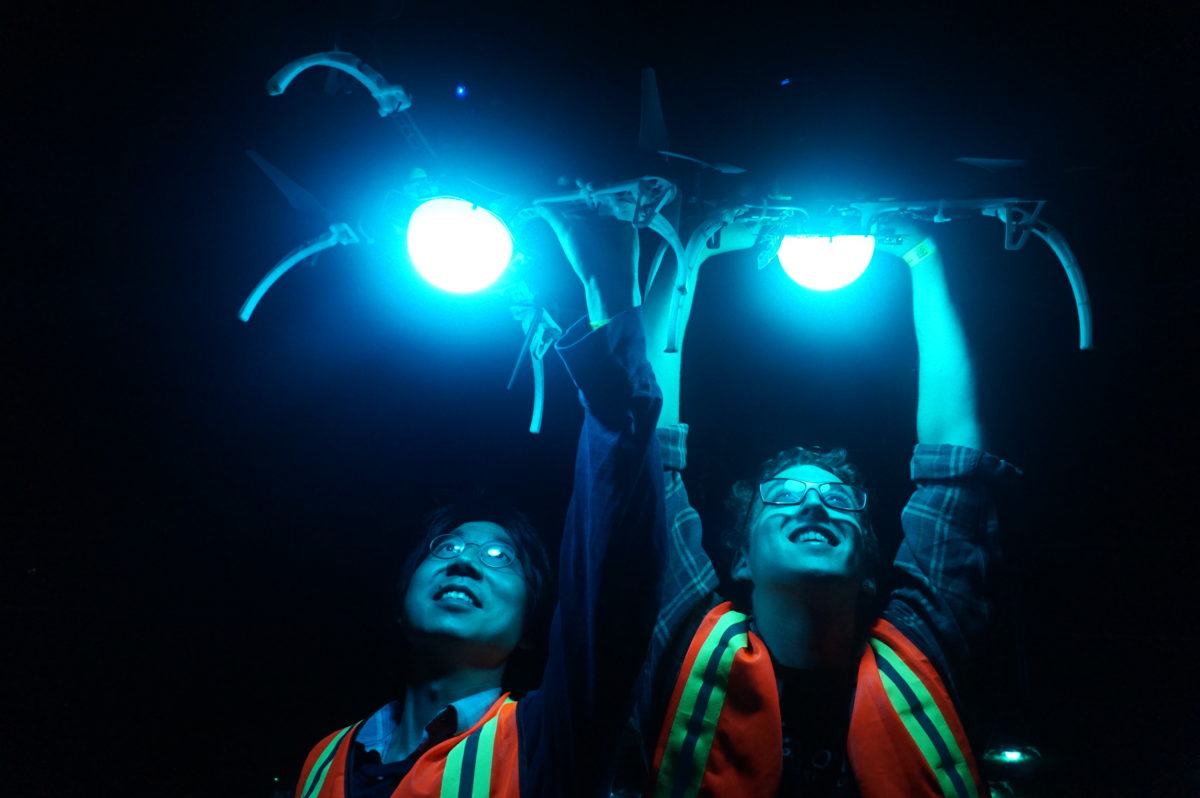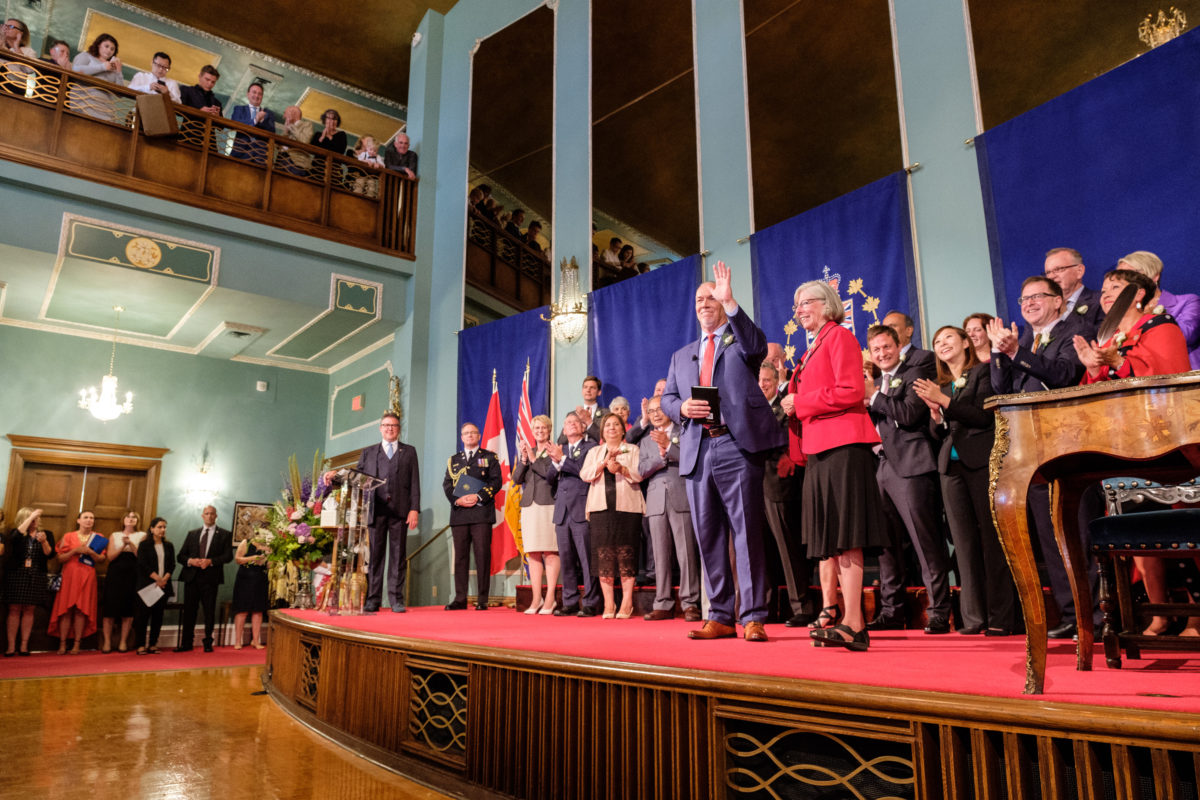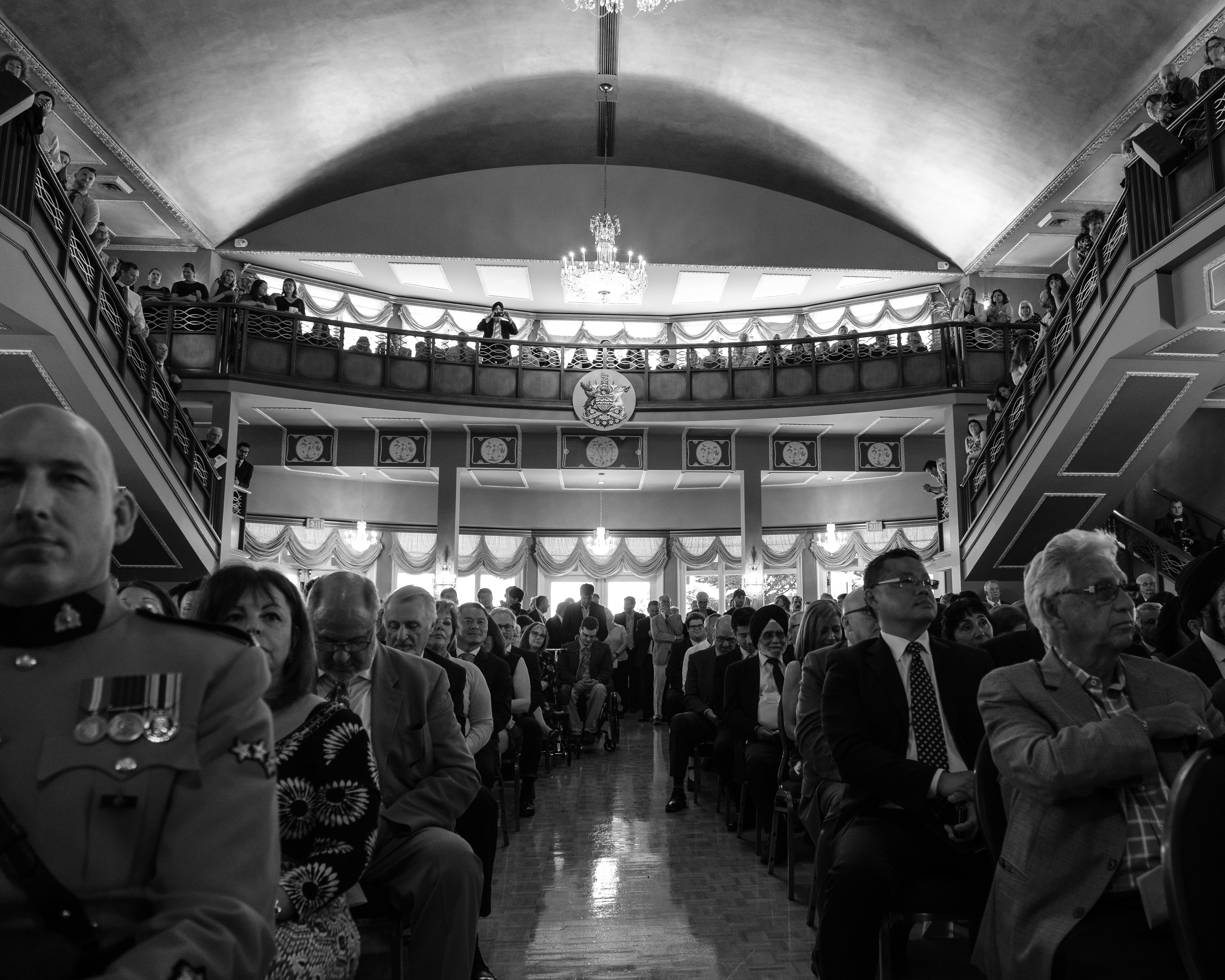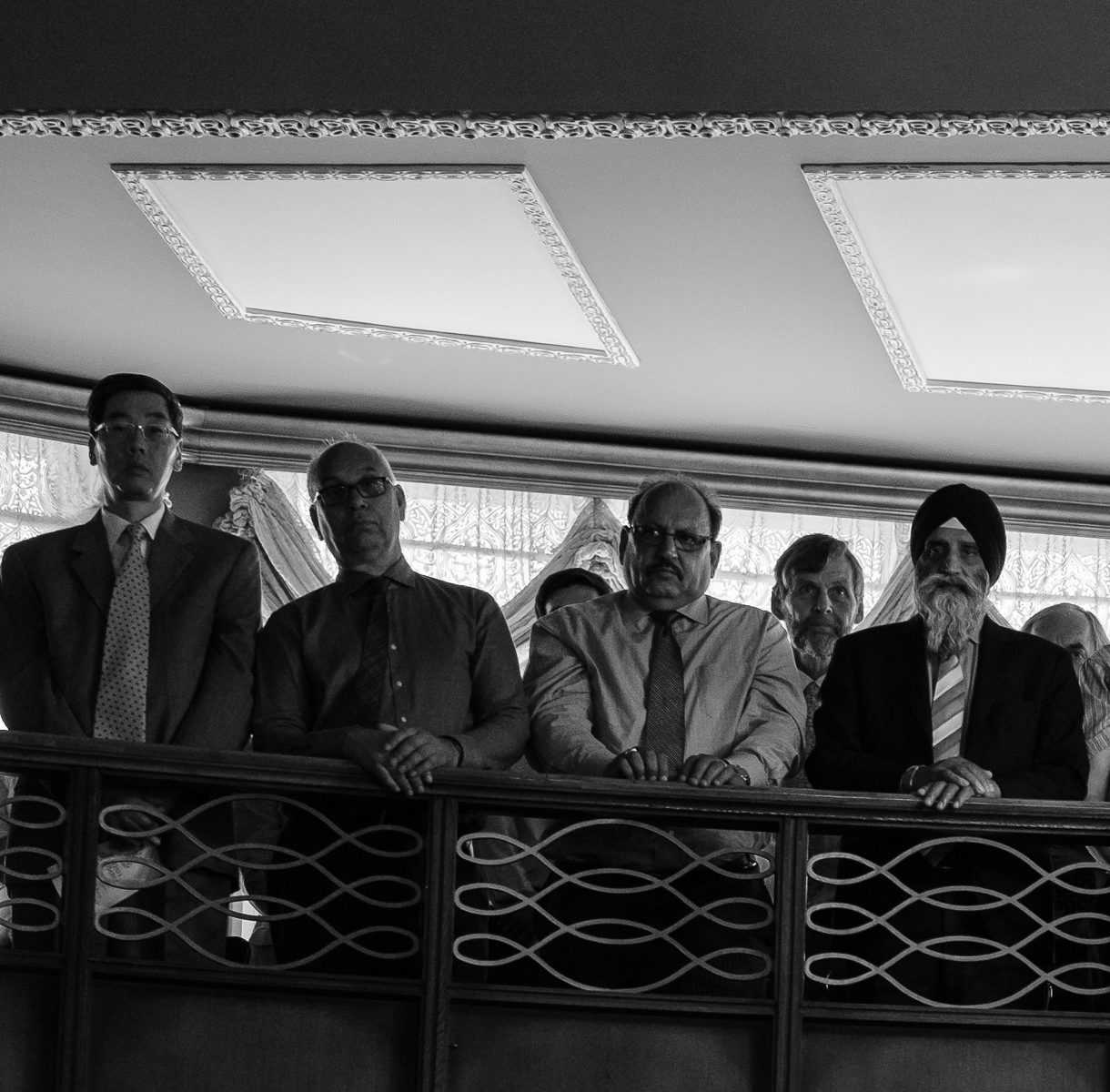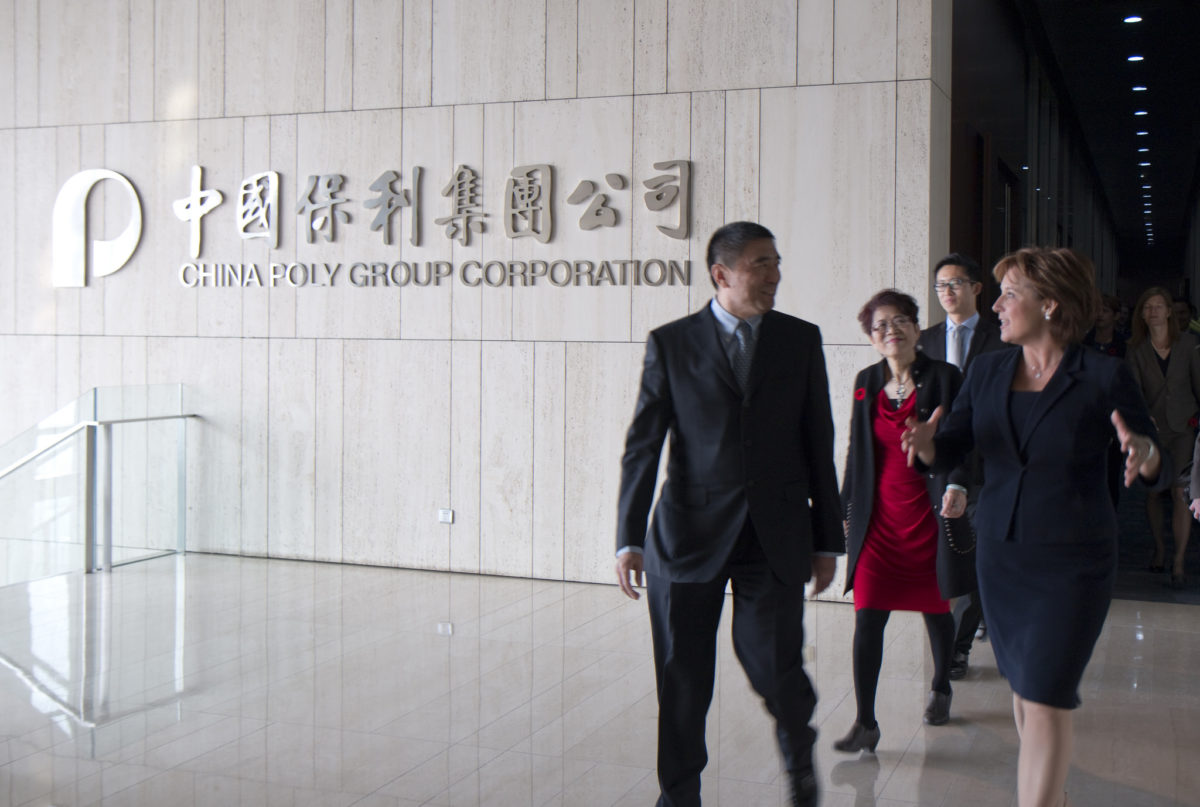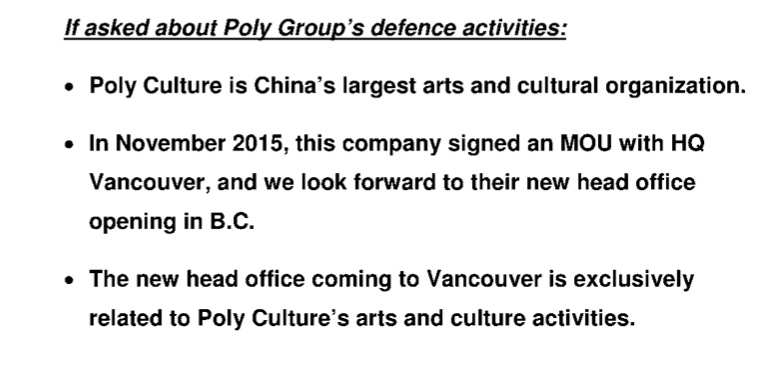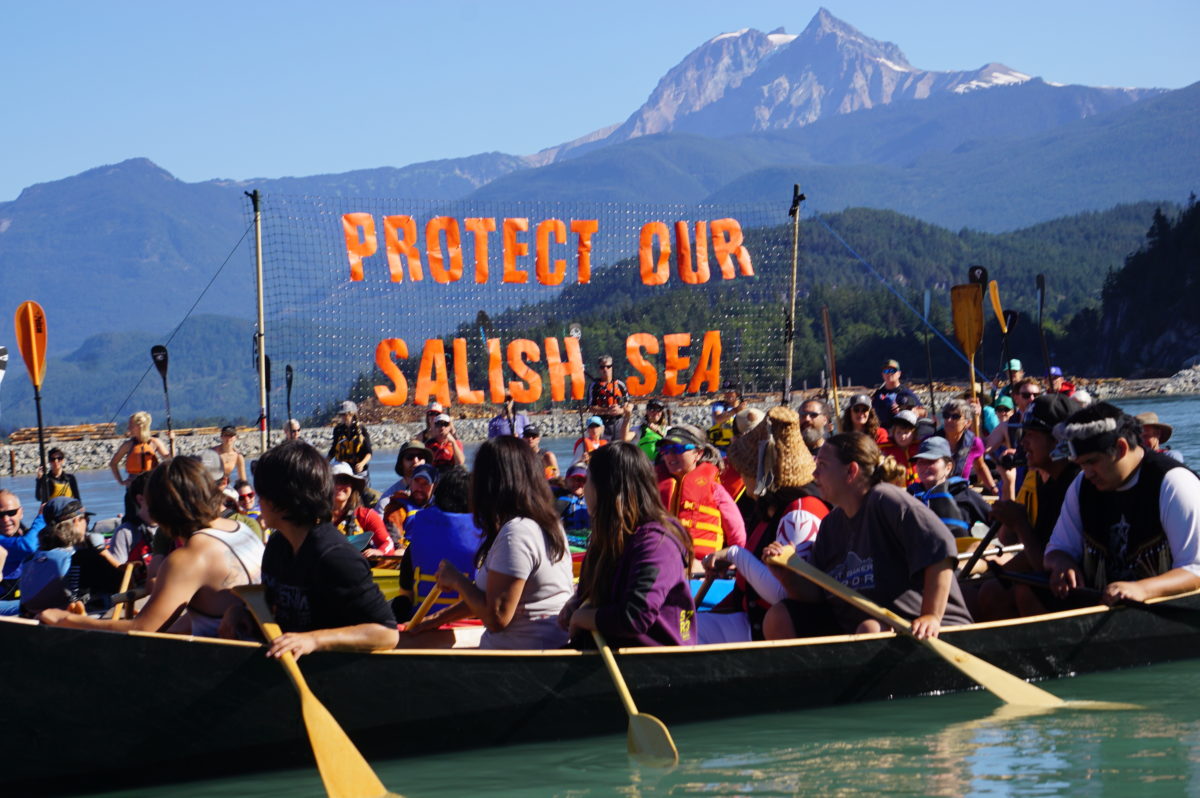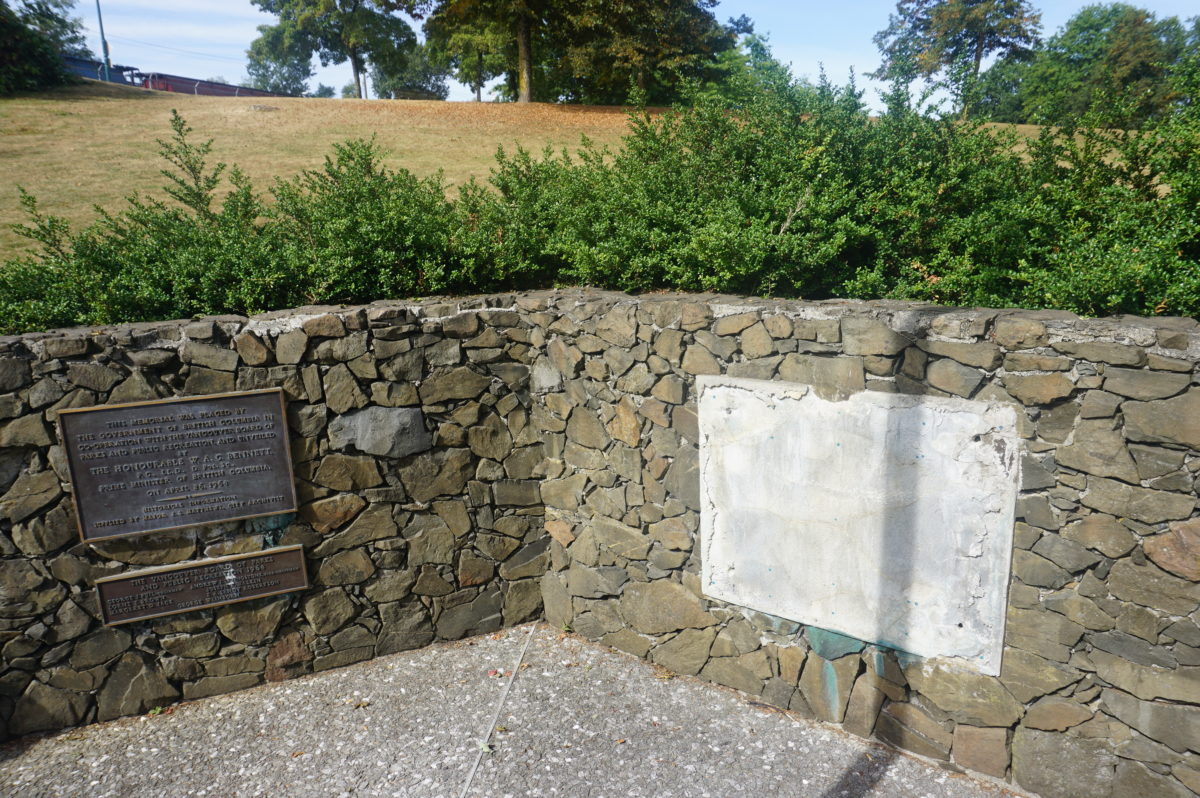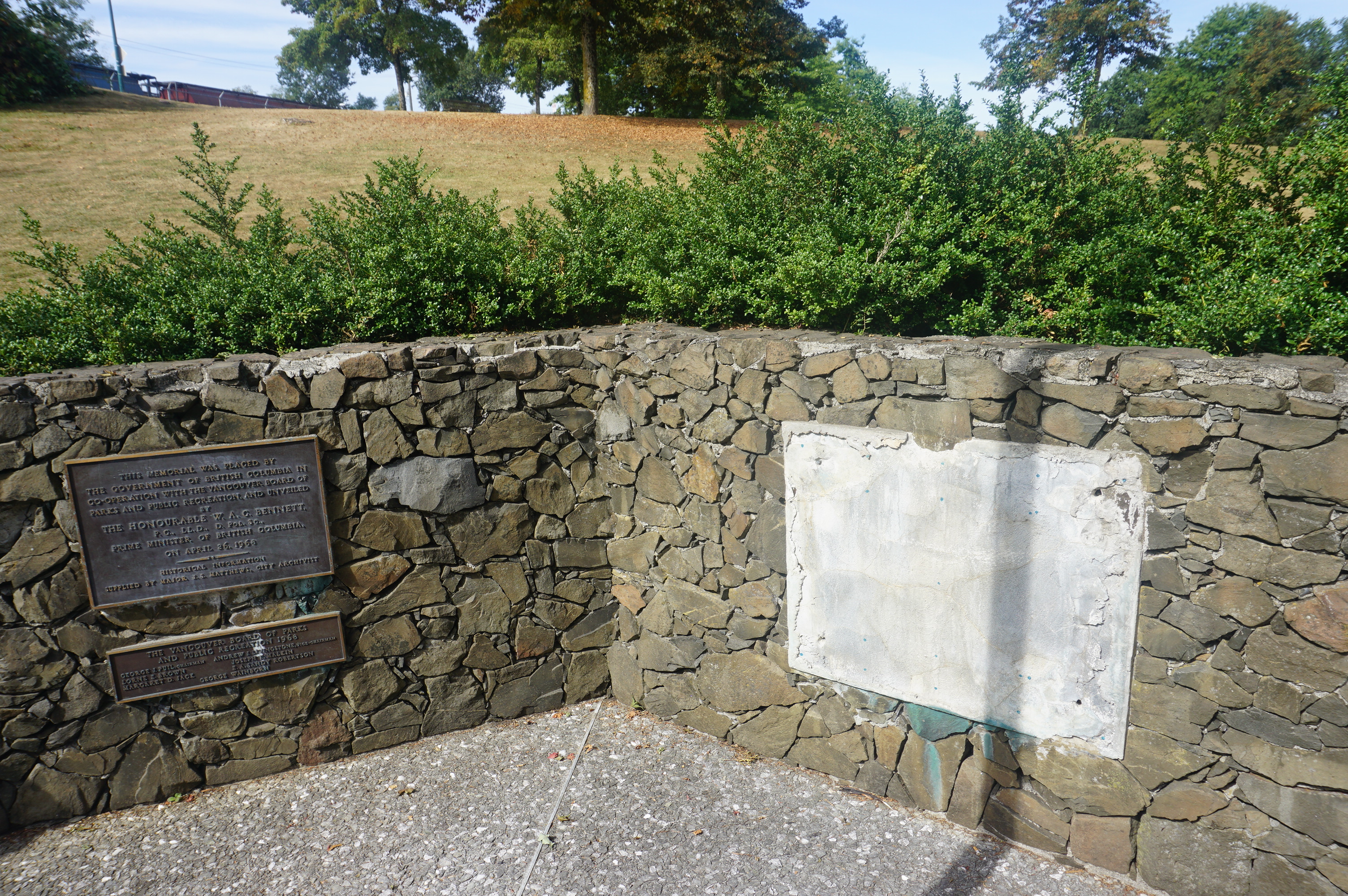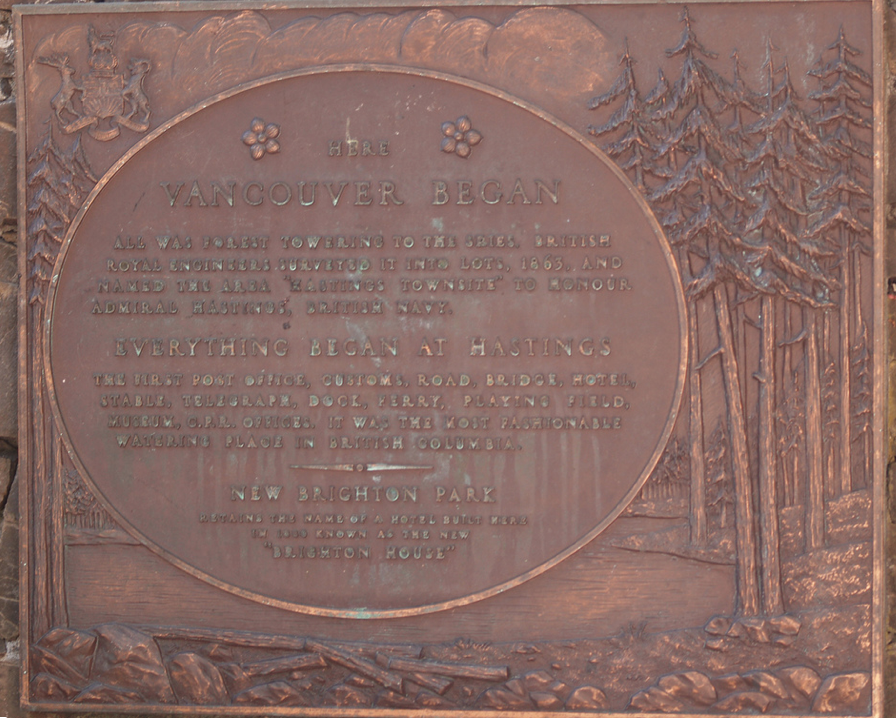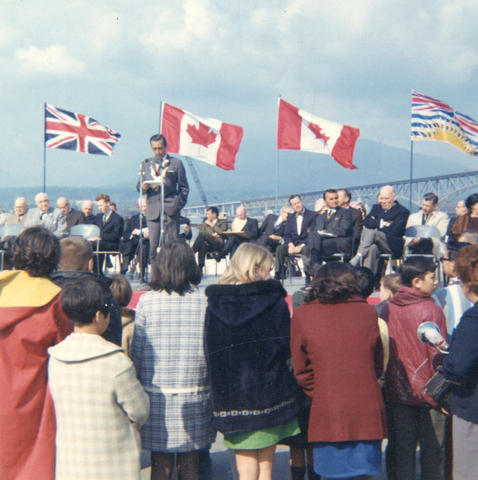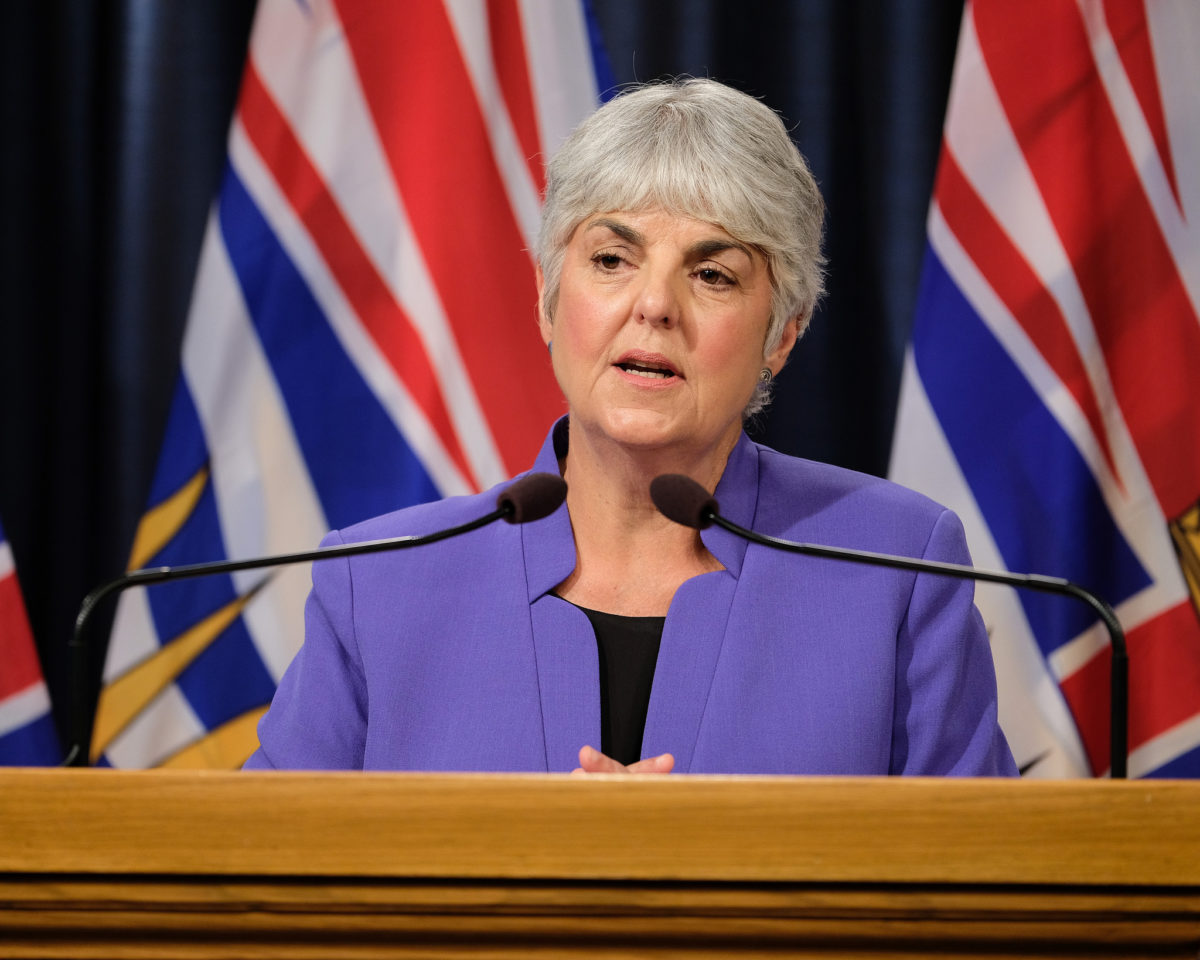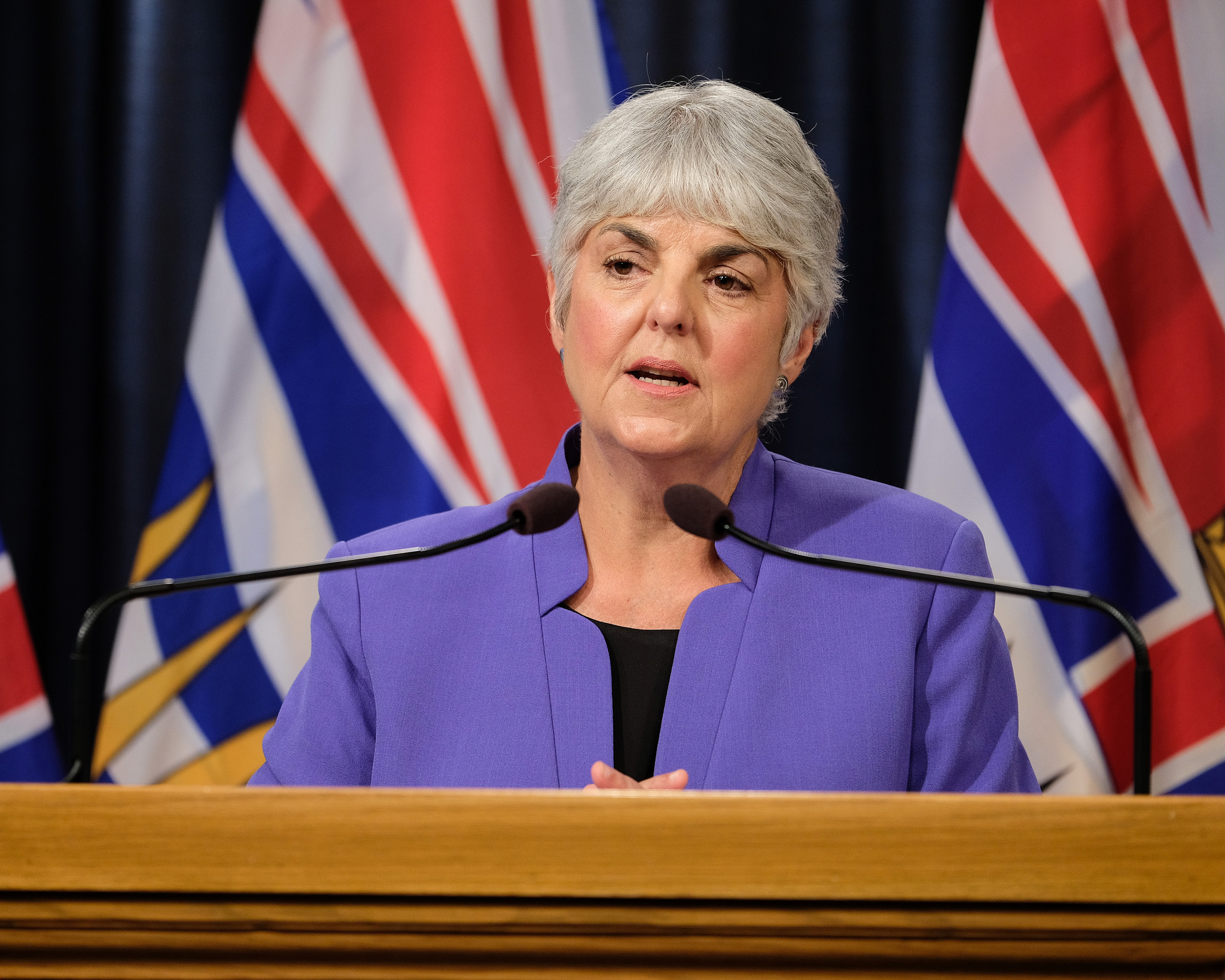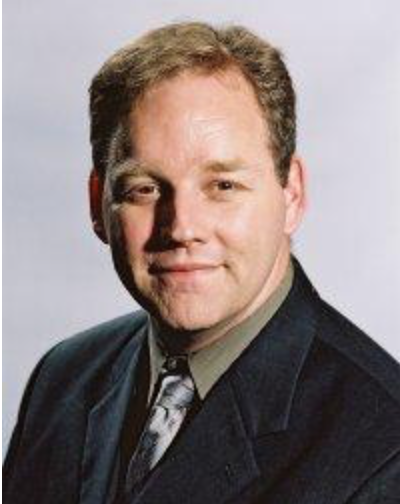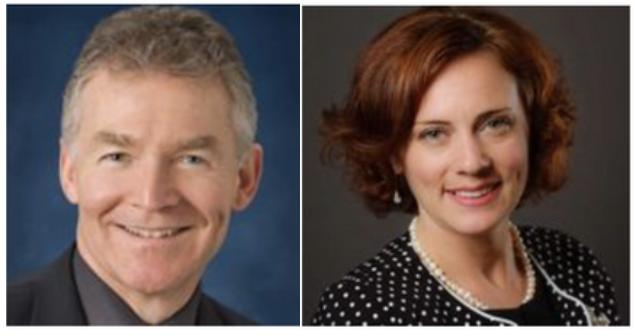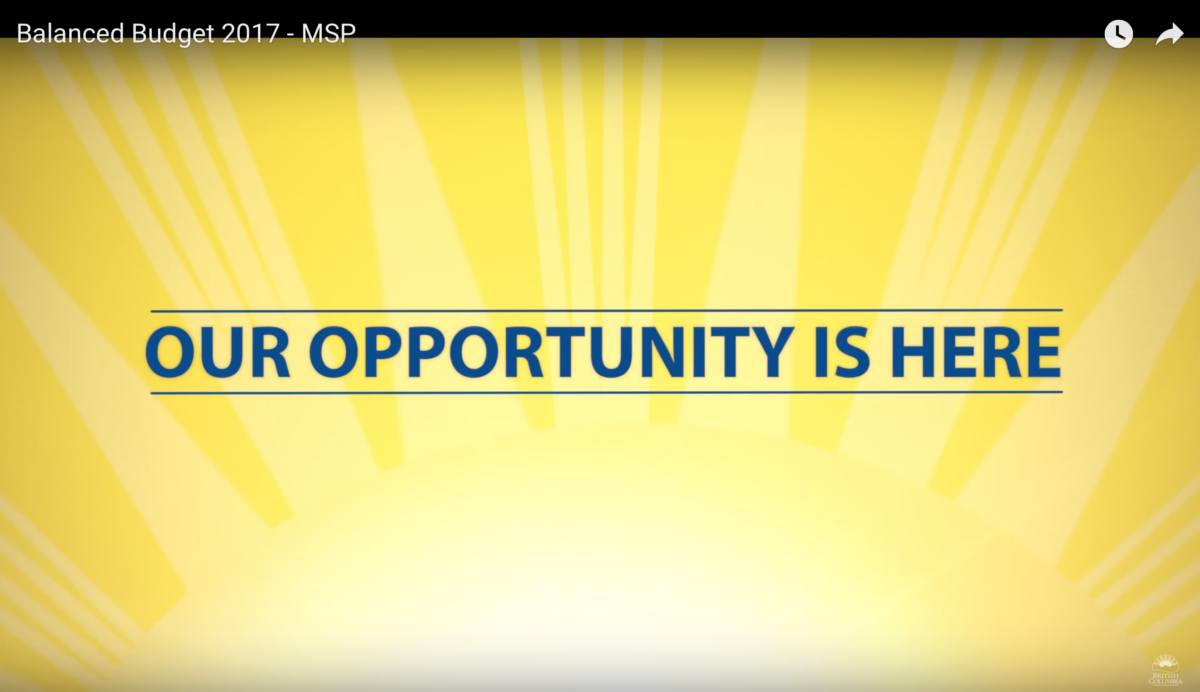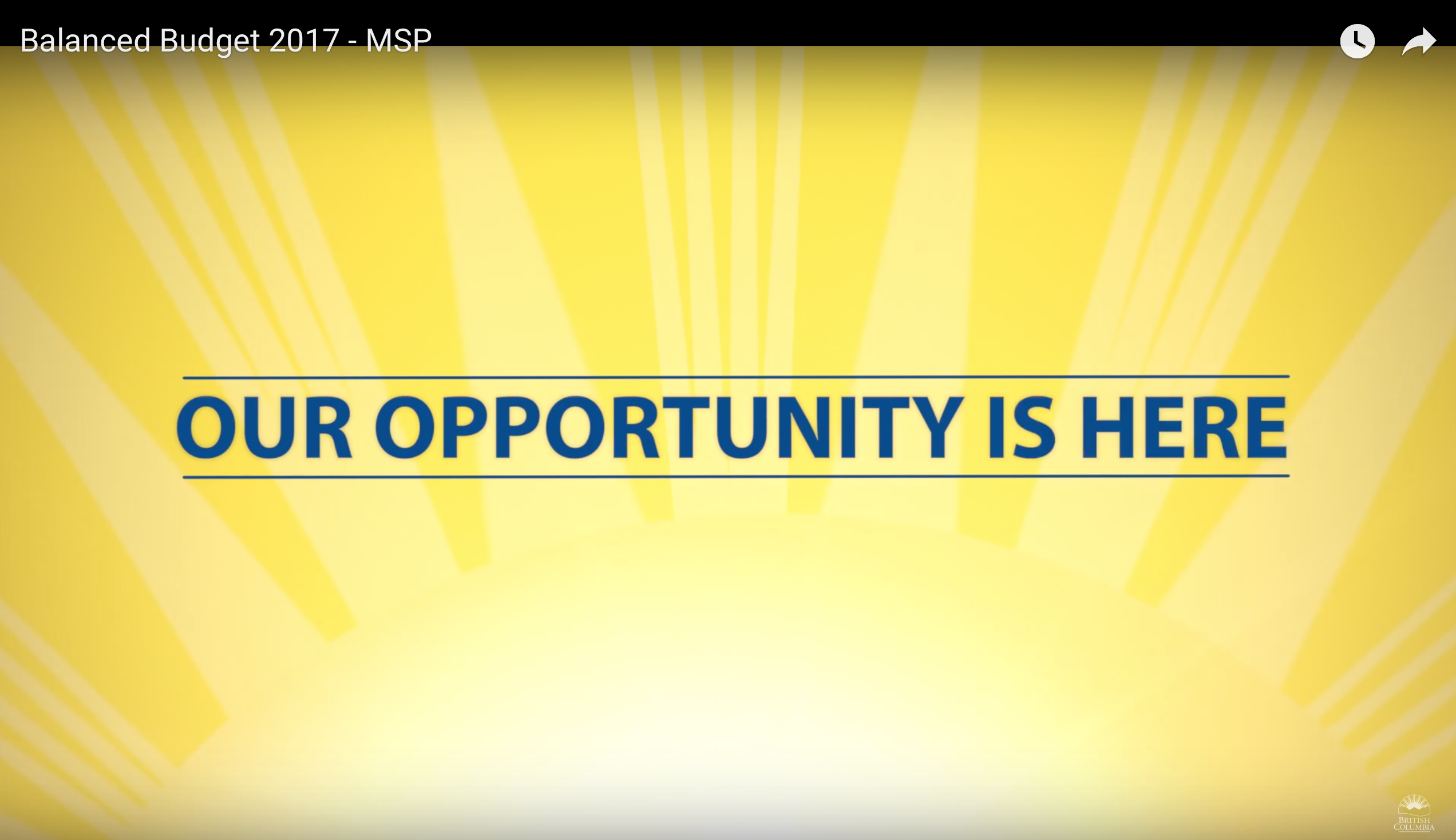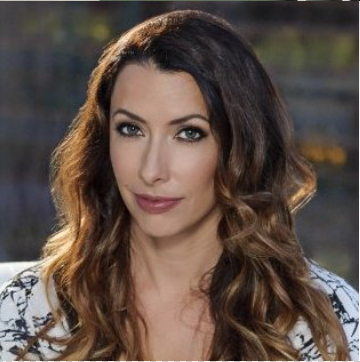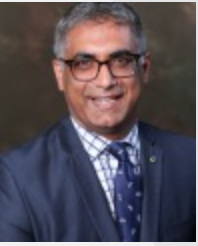Exclusive: Campbell cabinet minutes — the first 100 days
Bob Mackin
A New Era in British Columbia began June 5, 2001 when Gordon Campbell was sworn-in as the 34th premier after his BC Liberals swept the NDP out of power by winning 77 of 79 seats in the previous month’s election. 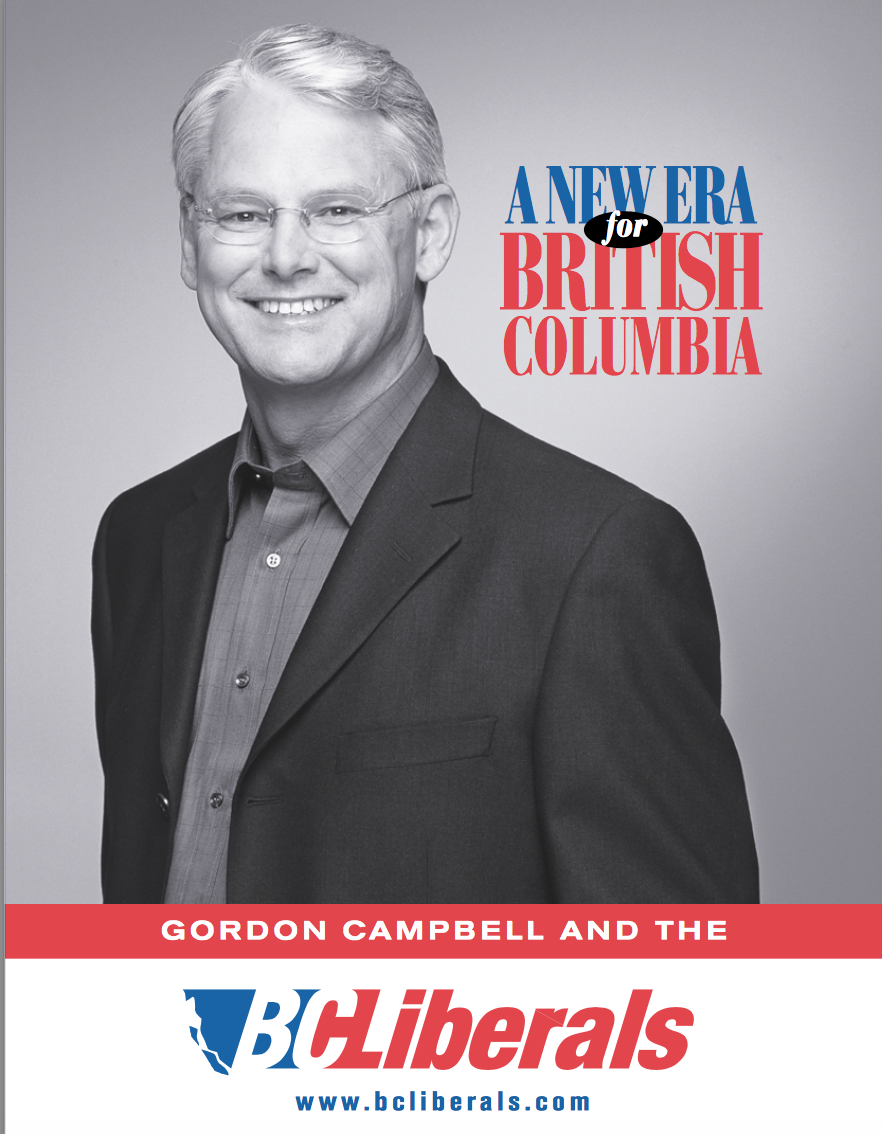
When the pomp and circumstance ended, the 28-member executive council got down to business the next morning, witih a four-hour, closed door meeting in Victoria.
theBreaker finally obtained minutes this week under freedom of information laws, which state that cabinet confidentiality no longer covers records that are 15 years or older. Staff in Christy Clark’s office delayed processing theBreaker’s Feb. 24 request to May 25 — beyond the election period. The documents evidently got lost in the transition to the new NDP government. The office of new premier John Horgan needed an August nudge from the Office of the Information and Privacy Commissioner.
Five members of that 2001 cabinet won re-election on May 9: Shirley Bond, Rich Coleman, Mike de Jong, Linda Reid and Clark, who quit as BC Liberal leader and Kelowna MLA on Aug. 4. Coleman is the interim leader and de Jong is exploring another run at the job.
During the first 100 days in office, the Campbell cabinet kiboshed photo radar, phased-in tax cuts, lifted the grizzly hunt moratorium, supported the 2010 Winter Olympics bid and went to work on new policies on climate change, log exports and labour relations with nurses and teachers. The ripple effects can still be felt more than 16 years later, after the Campbell-Clark dynasty ended July 18.
The first meeting included a briefing on conflict of interest guidelines from cabinet lawyer Sheila Gallagher.
“Cabinet was also cautioned not to comment on matters before the courts,” the minutes state. “Cabinet was reminded that appointments to agencies, boards or commissions will be reviewed on the basis of merit.”
All cabinet ministers were to receive media training. Communications head Andy Orr emphasized reading Today’s News (the government’s media clipping service), and to “take a deep breath and compose yourself after each meeting and before you meet the press; don’t talk and walk with press scrums; do stay locked on cameras while in scrums.
“Ministers were encouraged to reply ‘I’ve got nothing new on that today,’ rather than creating a deadline or signalling a potential agenda item for cabinet.
Ministers of state were advised to stay in close touch with ministers, while ministerial assistants would assist ministers to return calls from the press and ensure issues management coordination. 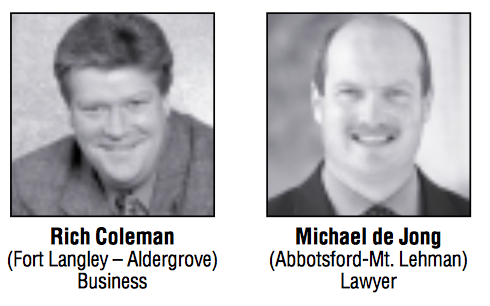
At the second meeting, on June 14, minutes say the chief of staff (Martyn Brown) responded to a follow-up question about the conflict of interest commissioner. He asked to be “notified prior to any minister contacting the conflict of interest commissioner, in order to avoid adverse rulings.
“The premier reminded ministers that a campaign is still on and our job is to do what we said we were going to do. Ministers were encouraged to keep the premier informed through his office and his personal number. Ministers were asked to coordinate communications with each other — particularly with the ministers of state, the local MLAs and to ensure consistency with the New Era plan. Cabinet was encouraged to reduce the number of press releases and to consider alternative ways of communicating on web sites and in person. A monthly communications calendar will be available next week in order to facilitate the timing and coordination of announcements.”
At the June 20 meeting, cabinet was told that Government Caucus Committees were expected to be “critics, not cheerleaders” on fiscal, policy and legislative issues. (With only two members of the NDP opposition, Campbell had to create some level of internal scrutiny). A report was expected from the Public Affairs Bureau on government advertising; a subcommittee led by Campbell was examining all other non-statutory advertising. Before the election, the Liberals had vowed to end NDP 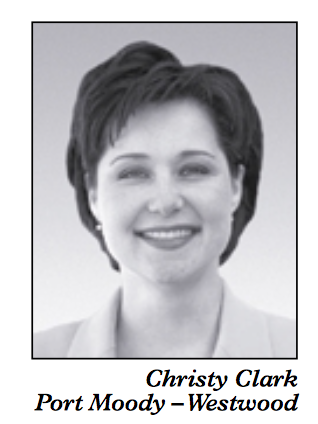 advertising waste.
advertising waste.
On July 20, Clark and Gordon Hogg declared a conflict of interest and withdrew from participating in something on the agenda — the government used the legal advice loophole in the FOI law to withhold details.
On Aug. 8, some disappointment for politicians who got elected on a tax-cutting platform. They weren’t paying enough tax. “Members were also informed that currently the income tax being deducted from their pay was insufficient,” it said.
B.C. and the rest of the world changed Sept. 11, after the Al Qaeda terrorist attacks on the World Trade Center and the Pentagon. Cabinet met the morning after, for the last time in the first 100 days of the Campbell New Era. Its top item: “Cabinet received a briefing on the air traffic conditions, offers made to assist the U.S.A., and process in British Columbia to keep Minsters informed on public safety issues.”
Economic storm clouds were no longer on the horizon, but were hovering over B.C.
“The global slowdown, the impact of the softwood lumber tariff, the events of Sept. 11 on the U.S. economy and Crown corporation losses are all contributing to a scenario of weak economic growth. Ministers were encouraged to contact their buddy MLAs to explain and support the quarterly report and the current fiscal strategy.”
Read the cabinet minutes from the first 100 days of BC Liberal rule below.
Campbell Cabinet Minutes – TheBreaker FOI by BobMackin on Scribd
Bob Mackin A New Era in British






